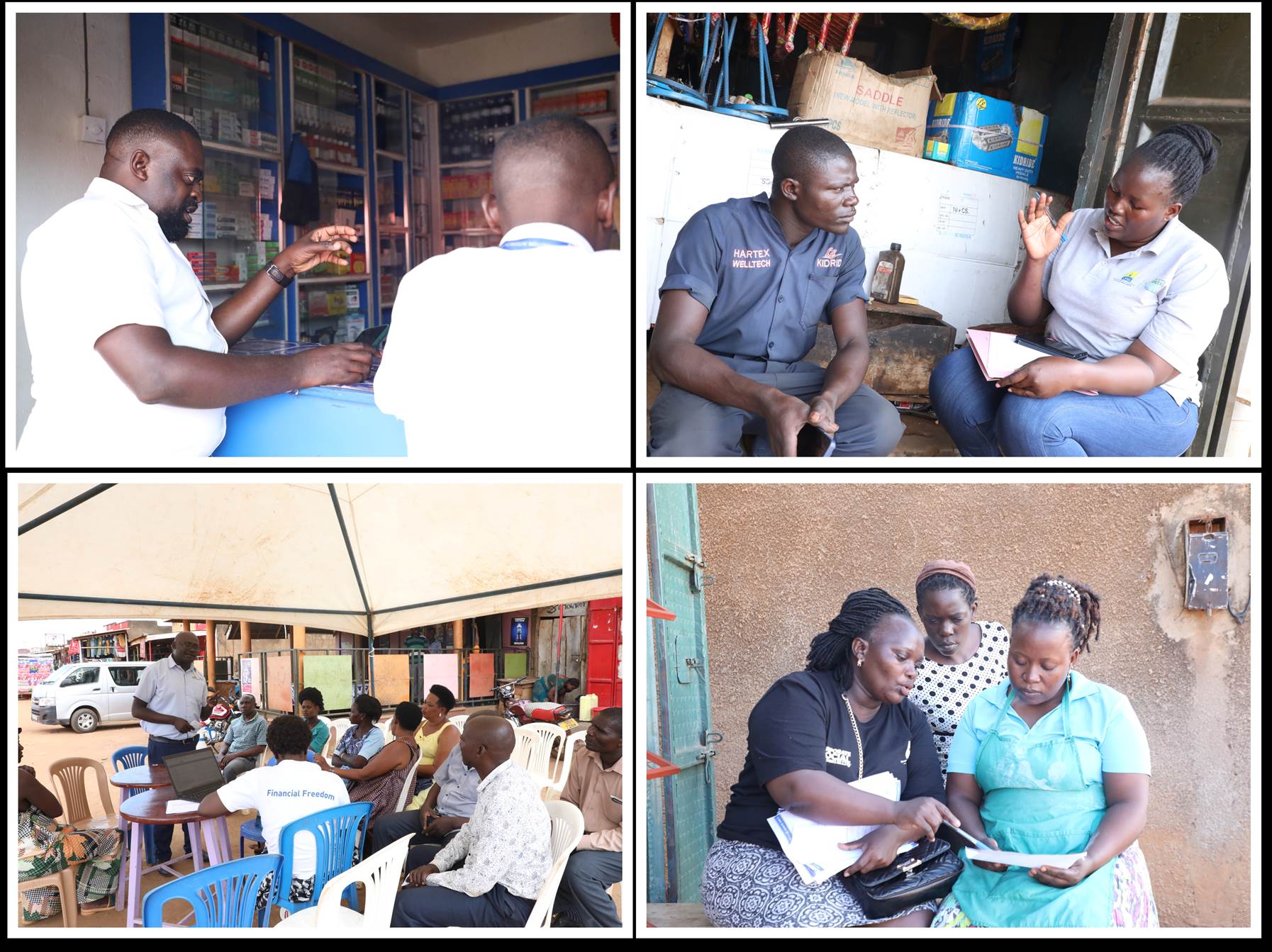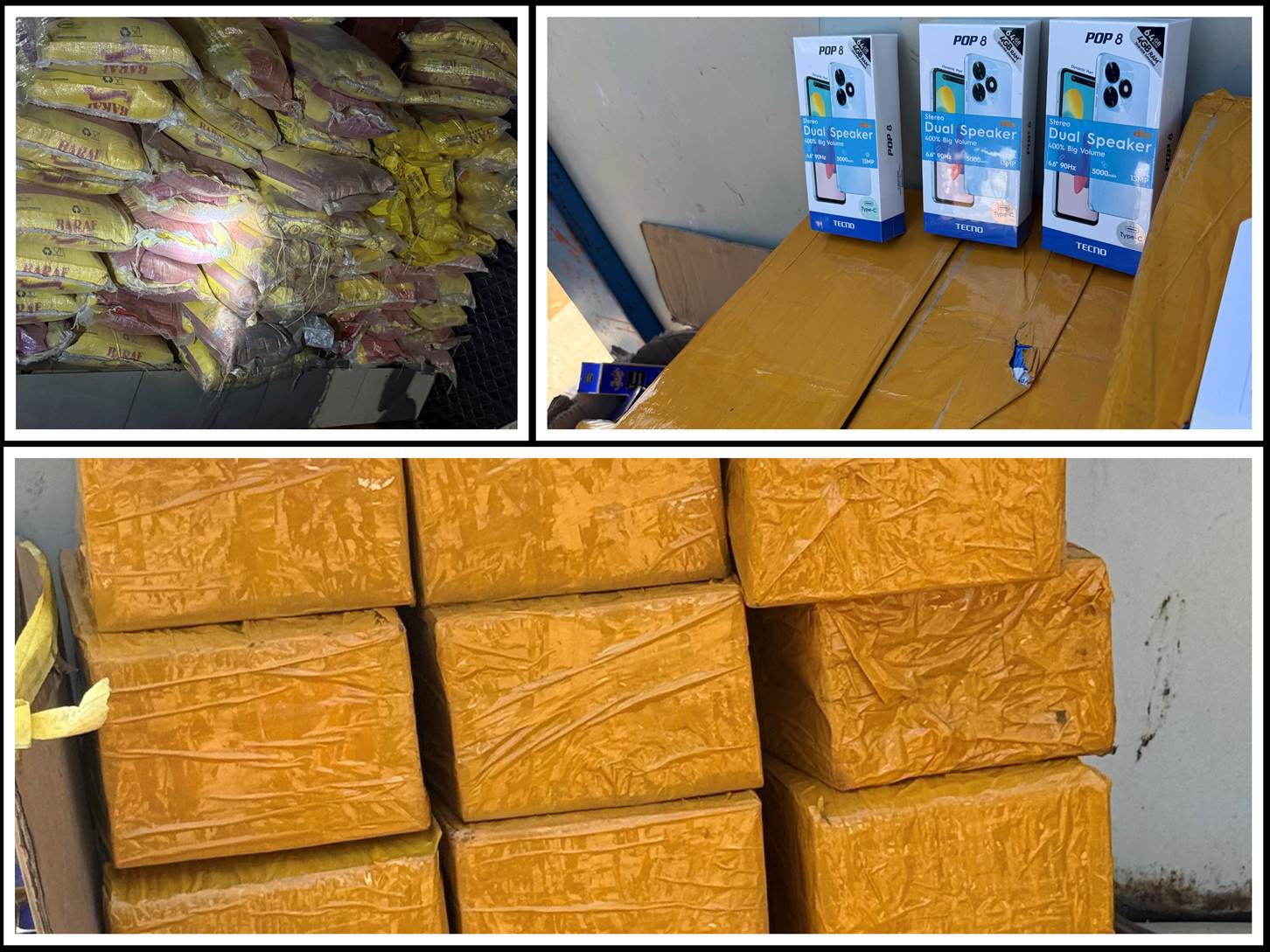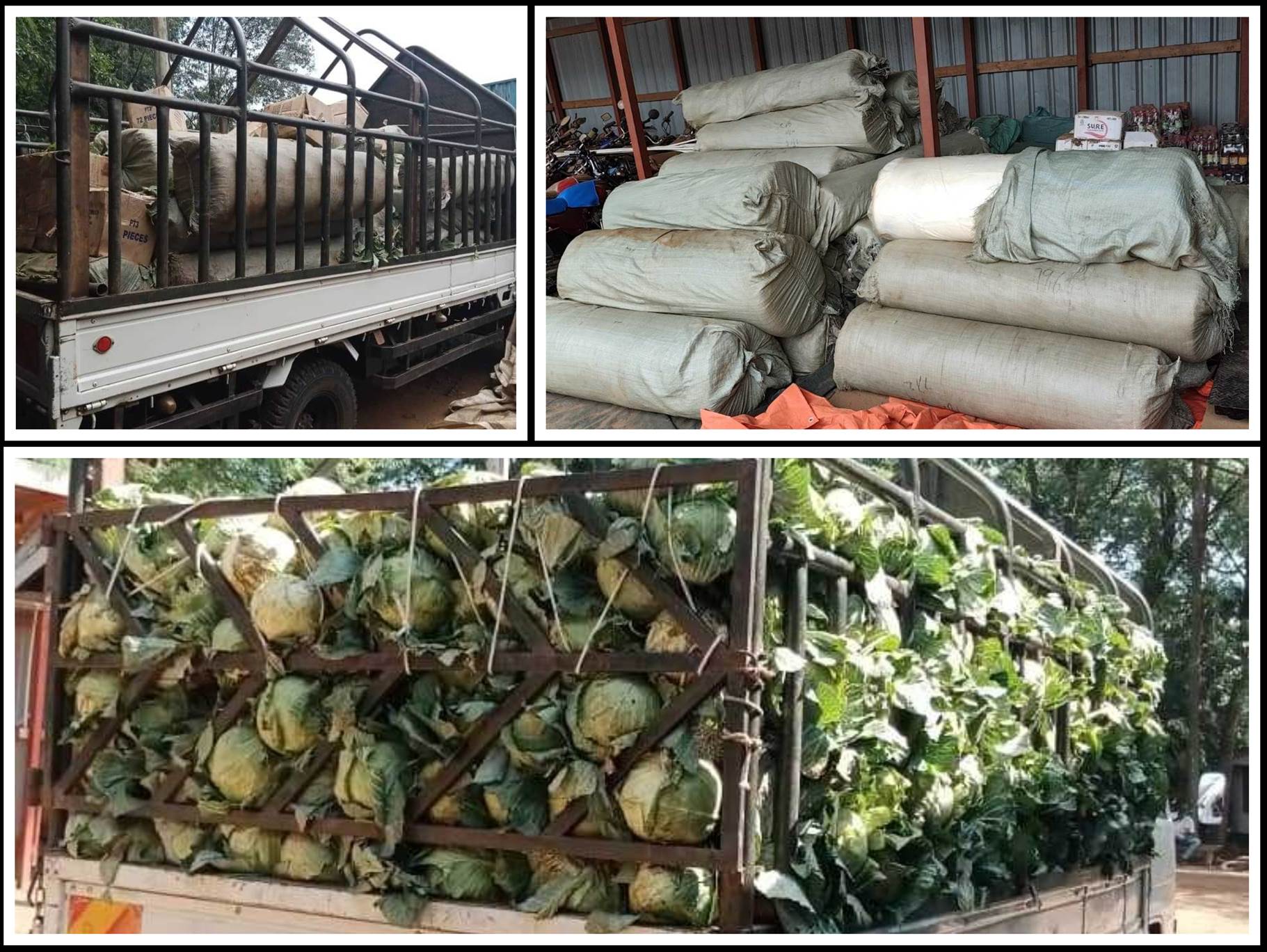By Annet Nantongo
Value Added Tax (VAT) is a type of tax that targets value addition and it is currently charged at 18% for every value that is added to a good or a service. It is also an indirect consumption tax charged on value-added to taxable supplies at different stages in the chain of distribution. Value addition happens at different points of the production and supply chain.
An industry adds value to water with treatment to make purified drinking water, or processes raw input such as wheat flour, sugar, milk, emulsifiers and any other ingredients to make biscuit products ready for consumption.
However, the ingredients when bought (whether imported or locally sourced), could have paid input VAT which documentation the manufacturer maintains to claim for refunds.
When the manufacturer supplies these value added products to distributors, they charge VAT (also termed output VAT) onto the price at which they supply these taxable goods or services. At this point, the distributor then also incurs VAT, making the manufacturer a collector of the tax. The Manufacturer then, will remit returns and pay the difference between the input VAT and output VAT. If the output VAT is greater than the input VAT, the difference is VAT payable to URA. However, in case the person’s input VAT is more than the output VAT, the difference is VAT claimable which they can claim in refunds if the amount exceeds UGX 5m.
The distributor of this taxable products (biscuits and water) will also supply to a supermarket or retail chain, at a price that includes their mark-up for profits and VAT. The distributor is also liable to filing VAT returns. However, like the manufacturer, the distributor will also remit VAT returns and pay only the excess VAT retained after deducing the VAT they paid to the manufacturer at purchase of the taxable supplies.
At the supermarket, the biscuits and water will have a price that factors in profits and VAT. When the customers purchase the biscuits, they will then incur the VAT. The supermarket or shop become VAT collectors because they then remit the VAT collected to URA. This supermarket can also claim for VAT refund if it meets the claimable criteria.
The manufacturer or initial service vendor, the distributor (in cases of goods) and the retailer shops and supermarkets, are all collecting agents for VAT. They deduct VAT they incur when buying from their suppliers, then remit to URA. The only person who does not claim VAT refund is the final consumer and this makes them the final person from whom VAT is collected.
In terms of the value added from these different players along the value chain, the manufacturer transforms the raw produce into another product, the distributor transports and brings the improved products closer to the retail stores, while the retailers avail these products and also provide the displays and outlets where the consumers can easily access the products.
In relation to services, VAT is attached to the value one gains from consuming the service. For example, the lawyers add value when they help clients navigate several legal situations, auditing and accounting firms also add value to clients when they help them to traverse the different financial aspects.
A car is charged VAT at the time of import because the owner will derive value from being able to move from place to place while enjoying comfort from the confines of the car.
The tracking and tracing of this VAT along the value chain is enhanced by the Electronic fiscal receipting and invoicing solution (EFRIS). Currently, the VAT registered taxpayers are mandated to use EFRIS in supply and purchase of their goods and inputs.
Anyone in business who deals in or supplies VAT-able goods and services are required to register for VAT. If one has a UGX 37.5m taxable turnover in three consecutive months, or registers UGX 150m annual turnover, or deals in goods or services that have an aspect of value addition or value derived, then they are mandated to register for VAT.
However, essential services such as health insurance and life insurance, petroleum fuels, social welfare services, educational services, financial services and passenger transportation services do not pay VAT.
Taxpayers are encouraged to monitor their business transactions and apply for VAT registration, once they anticipate that their business income will exceed the VAT threshold before the financial year ends.










